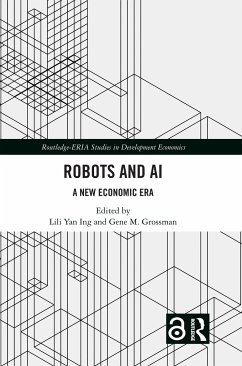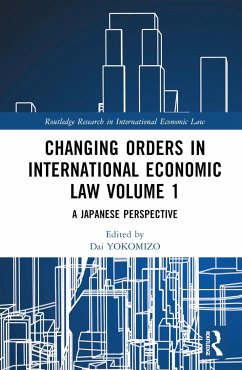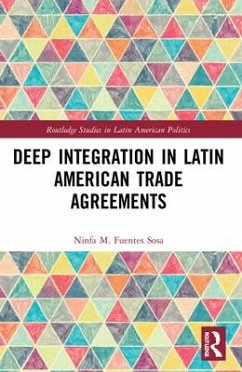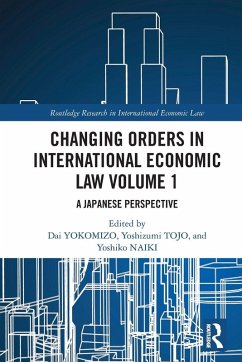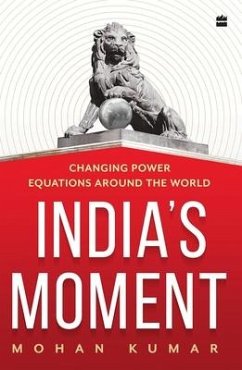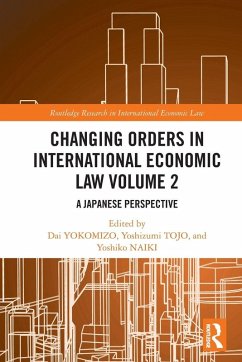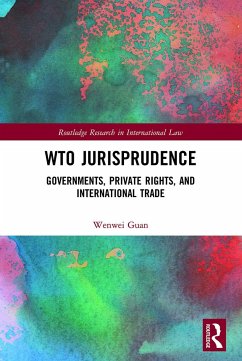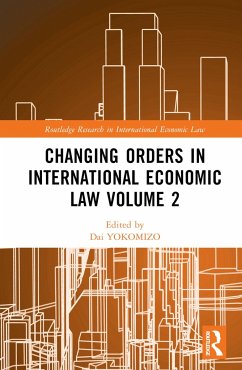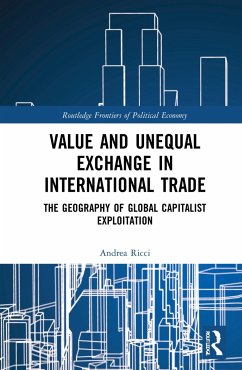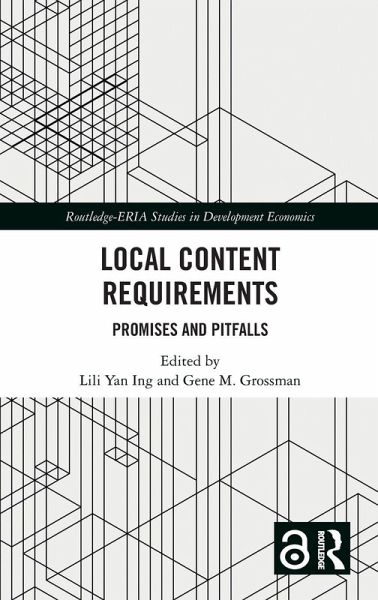
Local Content Requirements
Promises and Pitfalls
Herausgegeben: Ing, Lili Yan; Grossman, Gene
Versandkostenfrei!
Versandfertig in 6-10 Tagen
154,99 €
inkl. MwSt.
Weitere Ausgaben:

PAYBACK Punkte
77 °P sammeln!
As anti-globalization and geopolitical tensions continue to rise, the use of local content requirements (LCRs) around the world has become more noticeable than ever before.The reasons for adopting LCRs range from ensuring domestic supply availability, job creation, and increasing value added to safeguarding national security. Ing and Grossman examine country-specific as well as firm-product level exercises to explain how LCRs reduce fair competition, resulting in lower trade and productivity, which ultimately lowers world economic output and overall human welfare. Countries around the world ar...
As anti-globalization and geopolitical tensions continue to rise, the use of local content requirements (LCRs) around the world has become more noticeable than ever before.
The reasons for adopting LCRs range from ensuring domestic supply availability, job creation, and increasing value added to safeguarding national security. Ing and Grossman examine country-specific as well as firm-product level exercises to explain how LCRs reduce fair competition, resulting in lower trade and productivity, which ultimately lowers world economic output and overall human welfare. Countries around the world are investigated with specific attention to the US, China, Indonesia, and resource-intensive countries, including mining-intensive ones. The book also presents product- and firm-level analyses, answering the question of why countries adopted LCRs and how LCRs actually affect the world economy.
This book is a useful resource that will interest policymakers, researchers, and advanced undergraduates interested in international trade, industrial policy, political economy, labour economics, and development economics.
This book is freely available as downloadable Open Access PDFs at http://www.taylorfrancis.com under a Creative Commons Attribution-Non Commercial-No Derivatives (CC-BY-NC-ND) 4.0 license.
The reasons for adopting LCRs range from ensuring domestic supply availability, job creation, and increasing value added to safeguarding national security. Ing and Grossman examine country-specific as well as firm-product level exercises to explain how LCRs reduce fair competition, resulting in lower trade and productivity, which ultimately lowers world economic output and overall human welfare. Countries around the world are investigated with specific attention to the US, China, Indonesia, and resource-intensive countries, including mining-intensive ones. The book also presents product- and firm-level analyses, answering the question of why countries adopted LCRs and how LCRs actually affect the world economy.
This book is a useful resource that will interest policymakers, researchers, and advanced undergraduates interested in international trade, industrial policy, political economy, labour economics, and development economics.
This book is freely available as downloadable Open Access PDFs at http://www.taylorfrancis.com under a Creative Commons Attribution-Non Commercial-No Derivatives (CC-BY-NC-ND) 4.0 license.






